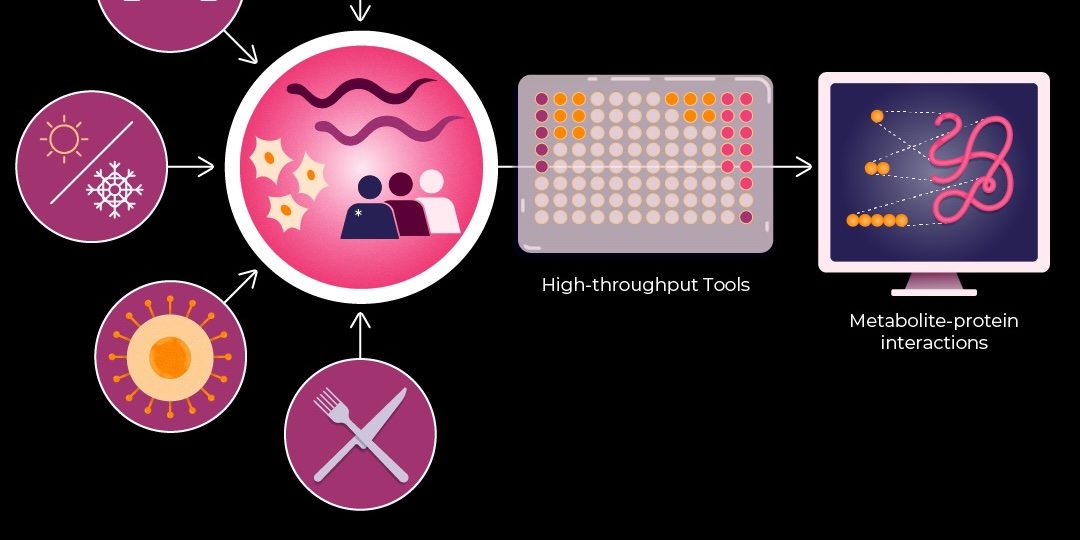HTCSS - Trusted to Manage the Workloads of 100s of Academic, Government and Industry Institutions
Map of Pools Utilizing HTCSS (user reported)
Add your organization to help us report our impact!
Thinking Bigger About Research and Contributions to Science with HTCSS
Sample of institutions advancing their education and research with HTCSS.
Collaborations
Scientific collaborations from across the globe rely upon HTCSS to advance their research.
Total
Organizations Running HTCondor Systems
Albert Einstein Institute / Max Planck Institute
Biochemistry @ UW–Madison
Biostatistics and Medical Infomatics @ UW–Madison
Brookhaven National Lab
CHTC @ UW–Madison
51200Campus IT @ UIUC
672Cardiff
9000Centro Nazionale Analisi Fotogrammi (CNAF)
53392Compact Muon Solenoid (CMS) CalTech
15000Compact Muon Solenoid (CMS) Global Pool
360000Compact Muon Solenoid (CMS) Volunteer Pool
1000Department of Energy Systems Biology Knowledgebase (KBase)
3000Deutsches Elektronen-Synchrotron (DESY)
46500European Organization for Nuclear Research (CERN)
350000Fermi National Accelerator Laboratory
81320Florida State University
400George Washington University
60Georgia Tech
1200GlueX
5000IceCube
8568Indiana University
17000Institute for Research and Innovation in Software for High Energy Physics (IRIS-HEP)
12000Institute for Research and Innovation in Software for High Energy Physics (IRIS-HEP) @ UW–Madison
19198International Center for Theoretical Sciences (ICTS)
2000Jefferson Lab
8000Karlsruhe Institute of Technology
52000Laser Interferometer Gravitational-Wave Observatory (LIGO) @ Caltech
22000Laser Interferometer Gravitational-Wave Observatory (LIGO) @ Hanford
8000Laser Interferometer Gravitational-Wave Observatory (LIGO) @ IUCAA
8500Laser Interferometer Gravitational-Wave Observatory (LIGO) @ International Gravitational-Wave Observatory Network (IGWN)
50000Laser Interferometer Gravitational-Wave Observatory (LIGO) @ Livingston
8000Laser Interferometer Gravitational-Wave Observatory (LIGO) @ Penn State
13000Laser Interferometer Gravitational-Wave Observatory (LIGO) @ UW Milwaukee
4500Michigan State University
900National Institute for Subatomic Physics (NIKHEF)
16006National Institute of Nuclear Physics (INFN) @ Milan
8500National Institute of Nuclear and Particle Physics (IN2P3)
34632National Radio Astronomy Observatory
1600Notre Dame
10214Port d’Informació Científica (PIC)
13049Rubin Observatory @ Mountain Top
200Rubin Observatory @ National Accelerator Laboratory (SLAC)
1000Rutherford Labs
61726UChicago
15000United States Geological Survey (USGS)
5068University of Bonn Germany
8102University of California–San Diego
10000University of Illinois Urbana-Champaign
17000University of Lebanon
400University of Nebraska–Lincoln
15000Wisconsin Institute for Discovery/Morgridge @ UW–Madison
1976Featured HTCSS Users

OSPool and Its Computing Capacity Helps Researchers Design New Proteins
Where to find freely available GPU and CPU computing resources for research on diseases like Alzheimers, Parkinsons, and ALS? This challenge faced by labs and researchers is becoming more acute with the increasing use of AI and machine learning (ML) which demand more computing capacity. For Dr. Priyanka Joshi’s [Biomolecular Homeostasis and Resilience Lab](https://www.joshilab.org/) at Georgetown University, the National Science Foundation (NSF) supported [OSPool](https://osg-htc.org/services/ospool/) and its [HTCondor Software Suite](https://htcondor.org/) was the answer.

Researcher Receives David Swanson Award for Work Powered by High Throughput Computing
The annual OSG David Swanson Award is presented to University of Nebraska-Lincoln postdoctoral researcher Brandi Pessman, for her engagement with the community, and work using high throughput computing to track spider web-construction behavior.
